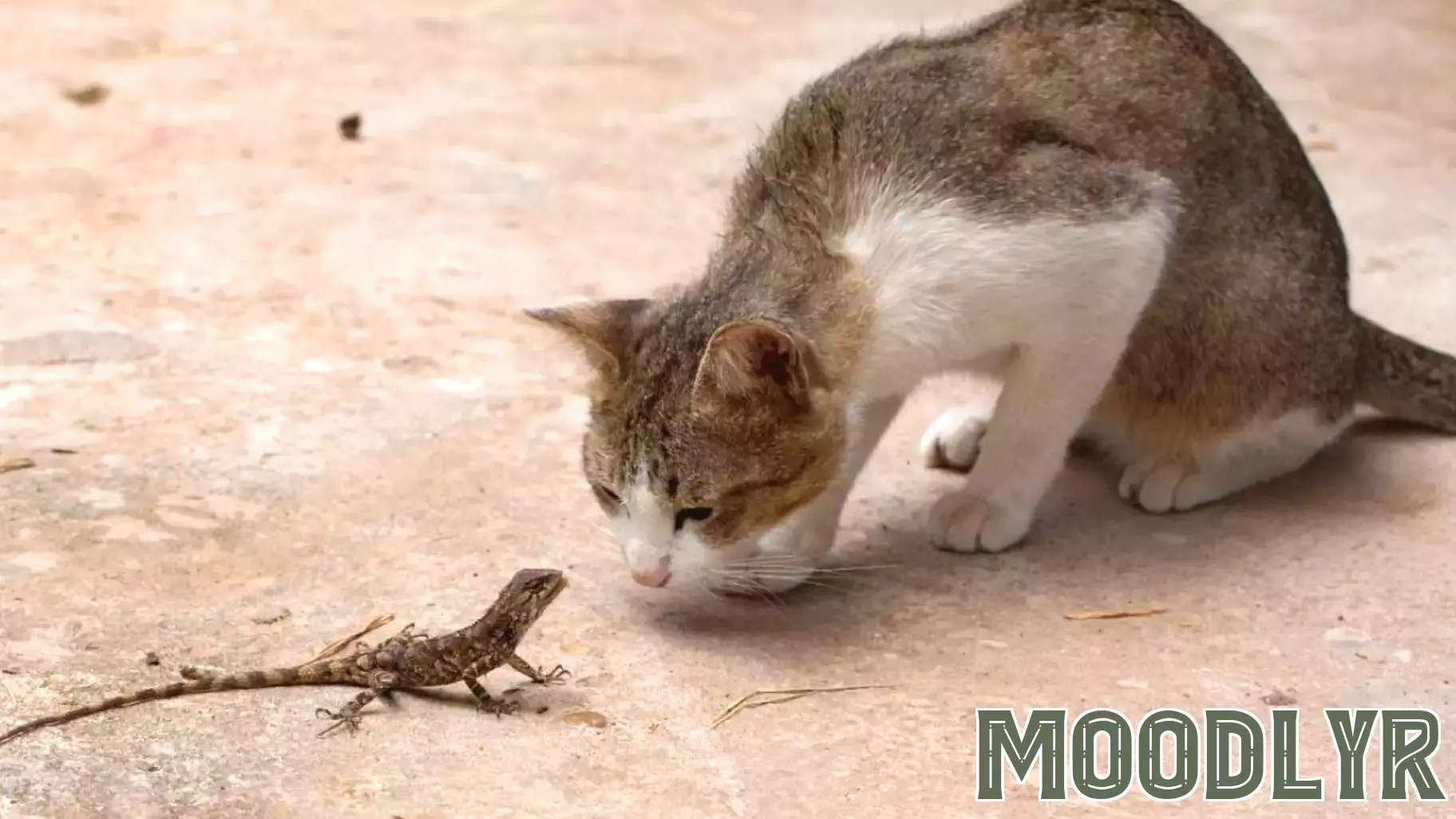November 24, 2024 - 20:00

Curiosity often comes with a paradox: while it may lead to risky situations, it can also be a powerful catalyst for growth and learning. The saying "curiosity killed the cat" highlights the potential dangers of inquisitiveness, but it is equally important to remember that "satisfaction brought it back." This notion emphasizes how the pursuit of knowledge can lead to rewarding experiences.
In educational settings, fostering curiosity can enhance critical thinking and problem-solving skills. When students are encouraged to ask questions and explore new ideas, they engage more deeply with the material, leading to a richer understanding of the subject matter. Curiosity can ignite a lifelong love for learning, prompting individuals to seek out new experiences and challenges.
However, curiosity can also lead individuals into precarious situations if not balanced with caution. It is essential to strike a harmony between encouraging exploration and ensuring safety. By cultivating a healthy sense of curiosity, we can harness its advantages while minimizing potential pitfalls, ultimately enriching our lives and expanding our horizons.



